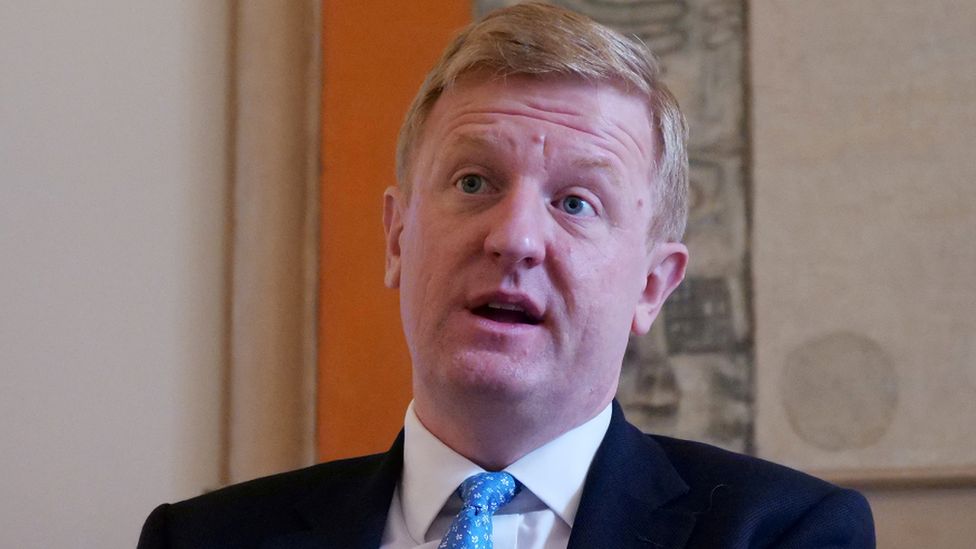ARTICLE AD BOX
 Image source, Reuters
Image source, Reuters
Deputy Prime Minister Oliver Dowden is expected to address MPs on the threat
By James Gregory & Iain Watson, political correspondent
BBC News
The UK government is expected to link cyber-attacks on the country's elections watchdog to China.
The attacks on the Electoral Commission, which reportedly saw personal details of millions of voters accessed, happened in August 2021 but were only revealed last year.
Several MPs and peers who have been critical of Beijing are thought to have also been targeted in cyber-attacks.
Deputy PM Oliver Dowden will address Parliament on Monday about the threat.
The BBC understands other Western nations will set out similar concerns.
Acknowledging the attacks last August, the Electoral Commission said unspecified "hostile actors" had gained access to copies of the electoral registers and broken into its emails and "control systems", but added that it had neither had any impact on any elections nor anyone's registration status.
It is now thought that Mr Dowden will suggest those behind the attack had links to Beijing, as well as laying out how the UK will respond to what it deems a wider threat.
The Chinese Embassy has been approached for comment by the BBC.
The government is keen to stress it has already rejected or wound down Chinese investment in infrastructure in recent years on national security grounds.
Three MPs who are among those thought to have been targeted - former Conservative leader Iain Duncan Smith, former minister Tim Laughton and the SNP's Stewart McDonald - will receive a briefing from the head of parliamentary security.
They are members of the Inter-Parliamentary Alliance on China which scrutinises, and often criticises, the activities of Beijing.
UK government concern over Chinese espionage and parliamentary interference has been rising.
In September 2023, a parliamentary researcher was arrested under the Official Secrets Act accused of spying for China.
And a year before, an unusual parliamentary interference alert was issued regarding the activities of UK-based lawyer Christine Lee.
MI5 alleged she had been carrying out political interference activities including donating funds to support the work of MPs. This was all said to be on behalf of China.
China has consistently denied accusations of espionage and wrong-doing.

 1 year ago
28
1 year ago
28








 English (US) ·
English (US) ·